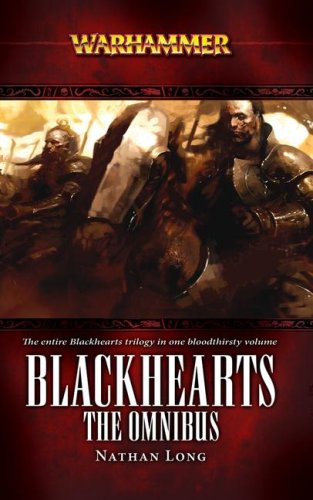

You'll get people that are coming at it from a gaming perspective, where they've already played other tabletop games, maybe they play lots of board games or war games and so on, and they're more focused on the mechanics and the harder details. Generally, there seems to be two broad groups that take up role-playing games as a hobby. They've got limitless possibilities to explore, and when they succeed, they get a real rush of excitement.

The best feeling is seeing players’ eyes light up as they realise they're the ones in control of their story. And when they do, they come out the other end feeling like they've achieved something, like they've beaten the odds and succeeded. All they know is it’s going to be difficult, and then they have to find a way through that. The thing I enjoy most is being able to create a challenge or an interesting puzzle, a situation that players can't see a way out of immediately. They've got limitless possibilities to explore, and when they succeed, they get a real rush of excitement That was thirteen years ago and, again, I haven't looked back since. It got to a point where I started sharing those with people online, and that got me noticed by a publisher for one of the games that I was playing a lot, and they offered me the chance to do it for a living.
#The end times warhammer books full#
Because I was writing my own notes and coming up with my own stories, I started putting stuff together - a huge Word document and notebooks full of ideas. I then proposed running a game for a group of friends and, with no prior experience, I threw myself in at the deep end and have never looked back. Eventually I came across Warhammer Fantasy role-play - I was in a bookshop and I was already a fan of those worlds, so I took the plunge, picked up a copy of the rulebook and read it cover-to-cover, as is my inclination. From the age of eight I was playing games like Warhammer 40,000, and I’ve been into the ‘choose your own adventure’ books ever since I was a child, so I think I was quite primed for role-playing games from a young age. Sometimes you'll spend a week or two between game sessions for a longer, ongoing campaign, and the ideas just won't flow. Coming up with fresh ideas is probably the toughest part of the role. I would say that a lot of the skills that teachers have fit very well into Dungeon Mastering - I've met plenty of teachers who are into role-playing games because they can transfer those skills quite well. It's helpful to have a head for numbers as well, because you will be the one dealing with the in-game mechanics, often more than the players will be. But a lot of the time, I’ve found that once you're in the flow of it, you don't really think about being nervous or uncertain. I suppose it is at times, in the same way that public speaking can be. Running role-playing games is often seen as this big challenge, something that can be a little bit daunting. The main skills you need as a DM are a good imagination and the ability to deal with unexpected developments. It's not a scripted story - nobody knows where they’re going to end up, even if you had an idea of where you wanted to go when you started. So whenever players are in a situation where there's doubt as to what's going down, where there's risk or uncertainty, the Dungeon Master steps in to interpret things and move the story along. But the advantage of a DM is that they’re a living, breathing person who can improvise and make things up on the spot. For people that are familiar with video games, the Dungeon Master is essentially filling the role that the computer would do. And then one person at the table, typically the Games Master or Dungeon Master - depending on the game - describes the situation those characters find themselves in, depicts the world around them, and makes decisions on behalf of all the non-player characters, those who aren’t controlled by other members of the group.

They choose what that character does and how they respond to different situations. Each member of the group has a character that they play. Role-playing games like Dungeons & Dragons are like a halfway point between telling a story with a group of people, and playing a game - it’s the point where those two meet.


 0 kommentar(er)
0 kommentar(er)
